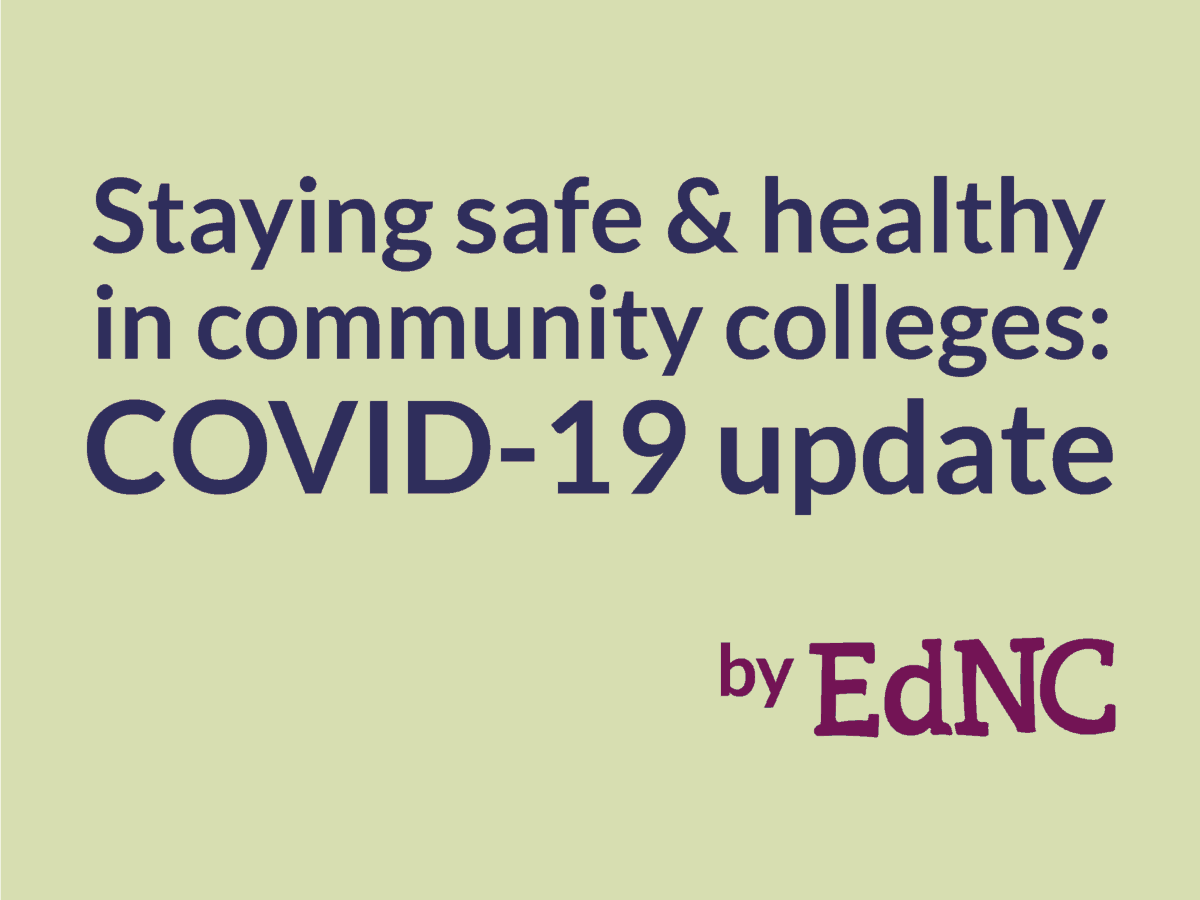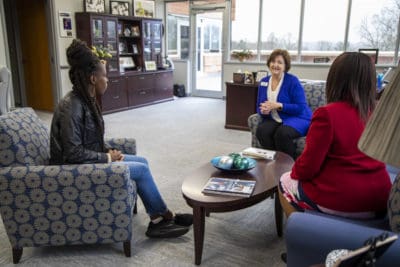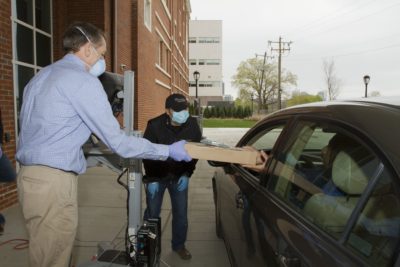
The North Carolina State Board of Community Colleges voted Friday to approve new programs in educator preparation offered at community colleges around the state.
Interested students will be able to pursue an associate in arts or science in teacher preparation. Students in the Career and College Promise program will be able to seek the general associate in arts or science and then transfer to a four-year institution to earn a teaching degree. The Career and College Promise Program allows high school students to take community college classes and work towards their associate degree.
“This is exciting news for us,” said Kim Gold, the chief academic officer for the North Carolina Community College System. “These curriculum programs have been in the works for some time.”
According to Wesley Beddard, associate vice president of programs at the North Carolina Community College System, any college in the system could offer the programs, but colleges would have to apply to do so.
Beddard said that the system is sending out information to colleges this week and he expects that most will apply quickly. He said the system office is also working on an articulation agreement with the the UNC System and the state’s private and independent colleges and universities.
Teacher preparation is typically taught in four-year universities, but this program will allow interested participants to get a jump start on their education training.
Peter Hans, president of the North Carolina Community College System, wrote about this proposal in a perspective back in February.
He said the associate degrees are a “specialized transfer degree,” creating a “seamless pathway from high school to community college to a four-year institution.”
“It just makes sense,” he continued. “Community colleges already have strong relationships with the public schools through the growing popularity of Career and College Promise, which provides nearly 60,000 high school students with community college courses annually. This program enhances our ability to reach into high schools and recruit future teachers.”
“At the same time, community colleges have solid transfer agreements with UNC and private universities. This puts community colleges in a unique position at the center of what could be a new, accelerated teacher training model, drawing on the strengths of all sectors. Our goal is to design the degree program as an affordable option, attracting young people into the teaching profession with the help of scholarships and other support.”
Hans said in his perspective that enrollment in teacher education programs at UNC institutions dropped by 29% from 2011 to 2018. He said a teacher shortage remains in the state and, in particular, in the state’s rural areas, which are often hit hard by teacher turnover.
“Last year, more than 7,000 North Carolina educators, or 7.5%, left the classroom. But the attrition rate is dramatically worse in some areas — 17.3% in Tyrrell County and 15.9% in Northampton County, for example,” he wrote.
Hans said community colleges are the state’s best chance to have rural areas “grow their own” teachers.
The associate degree will require 45 hours of general education and 14 hours of education-focused courses. One required course will be centered around teaching through the science of reading.
The Board also voted to waive the Full-Time Equivalent (FTE) numbers that multi-campus centers must maintain. Under current policy, there is a base number of students these centers must have enrolled, but due to COVID-19 and the movement of instruction online, a change is needed. Online-only classes are not counted towards an institution’s FTE numbers, meaning such centers would likely fall short. The Board voted to waive the requirement so that colleges can keep their current level of multi-campus center funding in the 2020-21 fiscal year.
The Board also voted in a new president at Martin Community College. Wesley Beddard, associate vice president of programs at the North Carolina Community College System, will take up the helm.
The board also voted for Tracy Mancini to become the next president of Carteret Community College. She is currently the vice president of instruction and student support at the college. In a rare move, the State Board waived its requirement that a college consider more than one candidate because the Carteret Board of Trustees unanimously agreed on Mancini.
Recommended reading



